

I may have to hand in my Sonic badge: I never completed Sonic CD. That shock aside, chances are you haven't either, as it was released on Sega's short-lived Mega-CD add on in 1993 before fading into collectors-only obscurity. Yet it's comparable to Mario's Lost Levels because this is just as much a sequel to Sonic 1 as the real Sonic 2. While Yuji Naka was off in America making the second game that we know and love, Sonic's designer, Naoto Oshima, was in Japan making Sonic CD. This is an essential and authentic 2D Sonic game - and now it's obscure no longer.
Above: Sega's wisened up to Amy's reputation and now continues to poke fun at her
The reason I haven't finished it (until now) is that I came to it late. Every time I load up my beautiful copy of the Mega CD original, I get sad when I see the jerky movement as the hardware struggles to run all those lovely layers of parallax. I was also excited to see the Gamecube re-release on Sonic Gems collection until found out the original JAP/UK soundtrack had been ditched in favour of the vastly inferior US soundtrack, and turned it off in disgust. Yes, really.
So it's taken this re-release to allow me to see how truly great Sonic CD is - and boy, have I been missing out! Firstly, both of those previous annoyances are fixed. The new version runs at a breathtaking 60fps and not only is the 'best' music back in, but you can even select the US music if you really want it. Everyone's happy.
It's a crying shame Mega CD died on its ass, because this was clearly a massive project for Sega. The sheer scope of the design is incredible, taking in four variations of each zone thanks to a totally bespoke plotline of time travel. Basically, you get the chance to go back in time in every level, stop Robotnik's evil creations from spoiling the party, then warp back to the future (hey – that's a catchy line) and see the fruits of your labours.
Above: Yeah, he did! Do this in every stage to see the real ending
To see this ambition realised so convincingly and with such style is the stuff of fantasy. The care and attention lavished on the soundtrack alone is formidable – already great main melodies are dismantled and broken down for dystopian futures, or augmented and smoothed out for idyllic wonderlands. Add in the free, happy animals bouncing around in these peaceful worlds and your successes literally feel like you're running through the end sequence of Sonic 1, only during regular gameplay. Few games reward careful play like Sonic CD.
Above: You literally fixed time. Now you get to run around with the squirrels, danger-free
The Japanese soundtrack is particularly famous and it's easy to see (hear) why. I was going to say a lot of it is reminiscent of NiGHTS into Dreams, especially when Robotnik laughs, but that's because the music was reused in the Sonic into Dreams bit in Christmas NiGHTS. Regardless, the same breathtaking hi-fi production and MIDI style is present. Some of it is even worthy of Jet Set Radio with its funky guitar and early 1990s rap influences. What must've dated very quickly in the 1990s is somehow totally fresh today – and listening to the game through headphones easily doubles the experience. Do it.
But what of the gameplay? Well, to put it simply, it's what everyone's been wanting from modern Sonic games. The inertia of Sonic 1, 2 and 3 is still present, only somehow the sense of fluidity is even greater. Something about the way Sonic moves over undulating terrain feels different – perhaps due to the improved frame-rate or the abundance of fancy scrolling effects. It brings back the joy of simply moving as Sonic. When basic movement is a joy, the rest just comes naturally.
Not that you'll be doing much running, mind. This is an incredibly claustrophobic game. Sonic rarely ever hits his infinity-feet stride before being pulled up by a wall, spring or bizarre rotating platform. If you play Sonic games by holding right and jumping now and then, you'll fail hard at Sonic CD.
Above: Blazing speed like this is wonderful when it comes, but it's used sparingly throughout
It's like everything Sonic 2 brought to the table was thrown out the window. The many paths here intersect with impossible complexity and exploration is now the most important aspect, as you hunt first for time-travel icons and then for Robotnik's dastardly creations. The result is a game that's way deeper than its contemporaries, even if it is essentially the bastard sibling of the series.
Above: Speaking of bastards, look what Metal Sonic is doing to that poor bunny!
With this complexity of level design comes a very busy look to the graphics. By comparison, Sonic 2 looks like an 8-bit game, as Sonic CD sees you spending way more time in each screenful of in-game scenery, as opposed to just dashing over the top of it.
Some of it can be bewildering for newcomers and even long-term Sonic fans as there's just so much to take in at any given moment, especially when elements of scenery are flickering and pulsing with bright lights and vivid colours. However, despite the cramped surroundings, persevere and you'll discover everything is there to be played with, as you enjoy building up speed in half-pipes, bouncing off bubbles and springboards and messing around with pinball flippers.
Above: Even more densely-packed scenery elements than Sonic 1 make this a very intense experience
With all this time-travel malarky, it would have been enough for Sega to have left the game at that, but there are also the traditional bonus levels to conquer. Set in Mega-CD's answer to SNES' Mode 7 technology, these pseudo-3D special stages are rock hard, requiring you to take down a set number of UFOs without letting your time run out. These days, they look uber-naff, but the challenge they pose isn't to be sniffed at.
Above: Back when 3D was 'suggested' by clever use of sprites. This is one of the better-looking stages. Eew!
While the graphics are untouched, the conversion does add one thing. Tails! Complete the game once and the furry fella appears. He doesn't have Sonic's Super Peel Out special move, but he CAN fly. This should make the time posts easier to find, at least.
Above: Looking like Sonic 2's sprite but playing like Sonic 3's (he can fly), Tails is a welcome surprise
Like I say, it's highly probable you haven't played Sonic CD as you'd really need to be a fan to have sought it out before now. Coming to it all these years later and seeing old-style Robotnik being chased down by 'old' Sonic makes me feel jubilantly happy and yet so sad at the same time. I once described Sonic CD's sprite as "the original Sonic sprite's final, most evolved state - and it's awesome". Looking at the visuals, it's clear that this was always meant to be 'next gen' Sonic, as it ramped up everything while retaining the stylised scenery of Sonic 1.
Above: Robotnik's super, thanks for asking! The 'good future' version of the first boss is hilarious
Basically, I love this game. And I love it in a way that both fans and Sonic CD newcomers should be able to love it too. Fans will love the care and attention given to the conversion of one of the all-time great Sonic games. Newbies will share the same journey I just had, discovering a gem of a platformer that's been buried in obscurity for far too long. It's still relevant and only the ultra-hardcore level design is likely to put gamers off. If it does, go back to Sonic 2 instead - it's far simpler.
Above: Chibi-Sonic! Shrunk by a shrink-ray and now far too cute to be taken seriously
One final note: This is a multi-platform review, and while all of the above (and the score) applies to all versions, the iPhone conversion in particular is incredible. Easily the best handheld Sonic game ever, and it pops from the retina display of an iPhone 4S. It's incredibly cheap, yet makes the emulated Mega Drive offerings from Sega look Mega Shabby. iPhone or iPad, 360 or PS3, this is how it's done.
Above: Sometimes, Sonic, you're just too fast for your own good
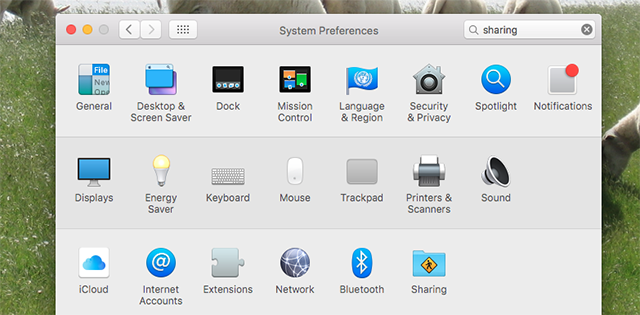

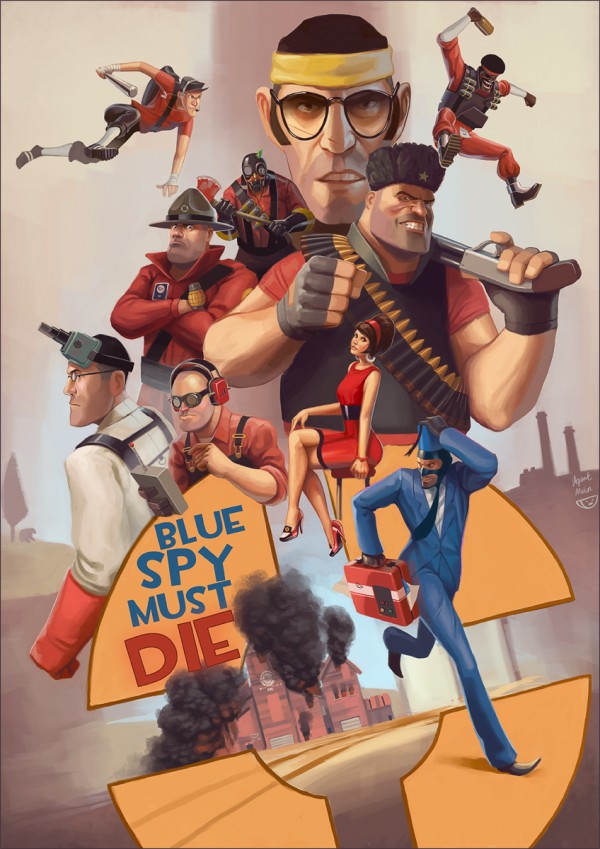
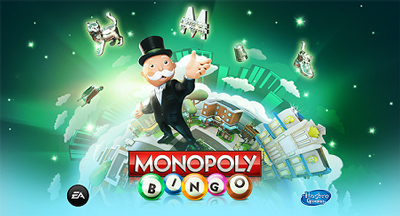
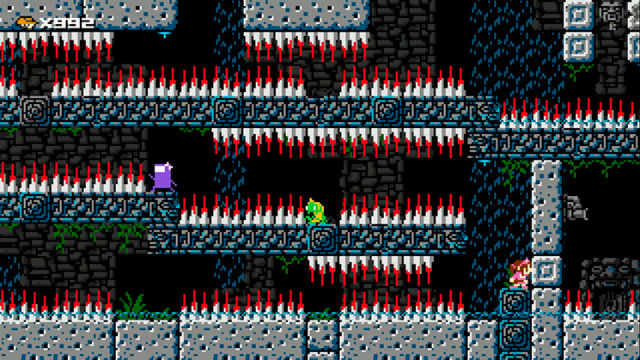 4 Nintendo 3DS Games Coming In 2014 That You Should Play
4 Nintendo 3DS Games Coming In 2014 That You Should Play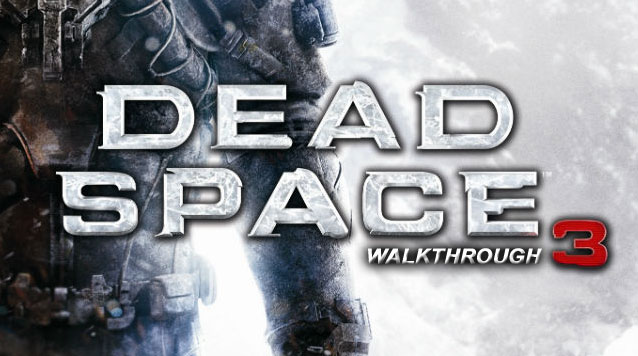 Dead Space 3 Walkthrough
Dead Space 3 Walkthrough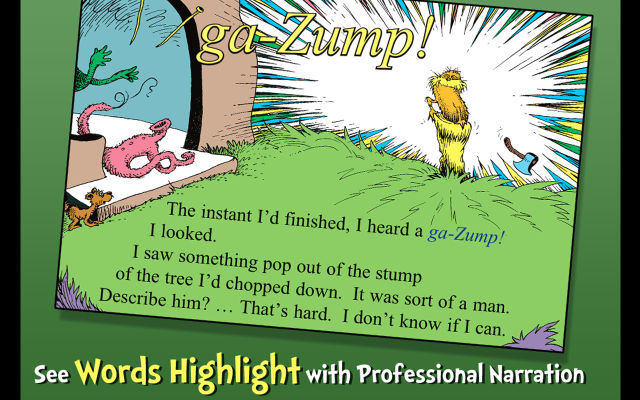 Android Apps on Sale, 18 April: The Disney Edition!
Android Apps on Sale, 18 April: The Disney Edition! Destiny: House of Wolves Materials Exchange And Upgrade Rates
Destiny: House of Wolves Materials Exchange And Upgrade Rates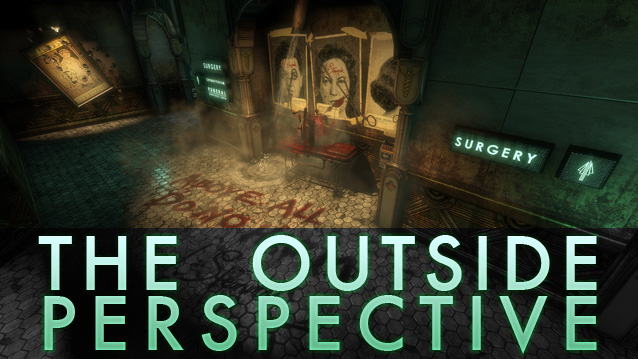 The Outside Perspective
The Outside Perspective